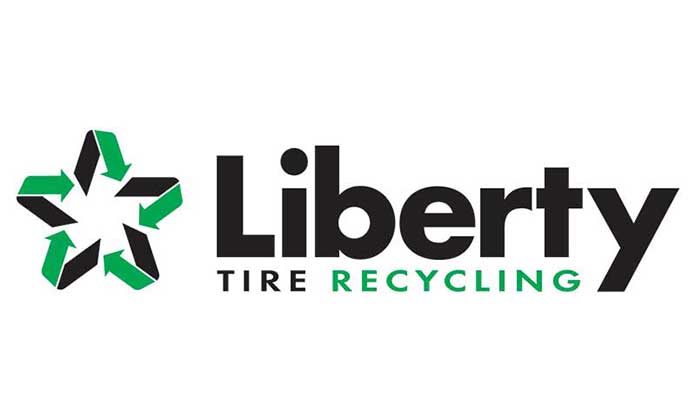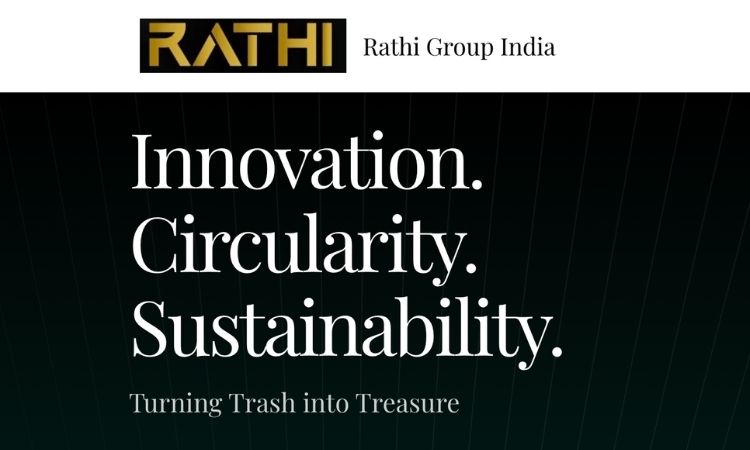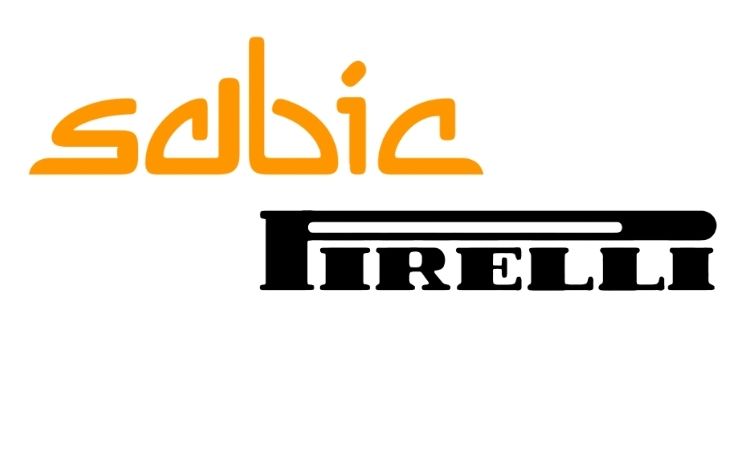Audi Hungaria cooperates with New Energy to use pyrolysis technology for sustainable future
According to the latest press release by Audi Hungaria Zrt., as a result of the company’s collaboration with New Energy Kft., from now on, tire waste generated at the site of Audi Hungaria in Győr will be chemically recycled, thereby avoiding the release of microplastics and the hazardous substances that leach from them into the environment during recovery. The process used for this is pyrolysis, in which tire waste is chemically converted into oil. The oil produced is used by petrochemical companies to produce new plastics, while the resulting recovered carbon black (rCB) is utilized in tire production. The gases produced during pyrolysis are used to generate the high temperatures needed for the process.
“It is of paramount importance for our company to use environmentally-friendly technologies not only in manufacturing, but also throughout the life cycle of our products, including the recovery of our waste at our waste management partners’ sites. We have introduced a number of sustainability measures over our three decades of operation. Within the brand group and Audi Hungaria, our Mission:Zero environmental program includes these measures. The application of resource-efficient solutions is a key pillar of our efforts, including, for instance, our Aluminum Closed Loop project, launched three years ago, which has led to the closed-loop recycling of part of the aluminum waste generated during production. Our experts and partners are constantly looking for further ways to reduce our resource consumption and thus reduce our ecological footprint,” said Alfons Dintner, Chairman of the Board of Management of Audi Hungaria.
As a result of the cooperation between Audi Hungaria and New Energy Kft., fossil based raw materials can be replaced by the products of pyrolysis, thus contributing to sustainable and resource-efficient production processes. Audi Hungaria appreciates this successful cooperation with its partners and is currently exploring further possibilities for chemical recycling of plastic waste streams from production.
Viktor Váradi, CEO of New Energy Kft. added: “We have spent more than one and a half decades developing chemical recycling to industrial-scale in order to create value for our partners in the transition to a circular economy. Our objective was to create a win-win situation for our customers, society and the environment in an economically viable manner. Our collaboration with Audi Hungaria underlines that we are on the right track to achieving our sustainability goals and can contribute to the sustainability strategy of the automotive industry. Working with our partners, we can achieve measurable results in replacing fossil-based feedstocks and meeting climate targets.”
The cooperation between Audi Hungaria and New Energy has been coordinated and managed by DBH Investment. The waste management part of the programme was supported by Büchl Hungaria.
Dr. László Ürge, Executive Board Member at DBH Investment, added: “Cooperation between multinational companies and innovative SMEs is essential to translate new innovations into industrial practice, especially when implementing the circular economy on an industrial scale. The New Energy technology can turn tire waste into renewable source of raw materials for the automotive industry and other intermediate industries. These collaborations may also validate new technological platforms and innovations. We are honored that we accelerated the collaboration between two world-class companies in this field.”
According to Audi Hungaria, the company has been carbon neutral in its balance sheet since 2020. Since 2015, the company has been using geothermal energy, saving around 21,000 metric tons of carbon-dioxide per year. In addition, a further part of its energy supply is provided by Europe’s largest rooftop solar farm, located on its premises, covering a total of 160,000 square meters. The company recycles almost 100 percent of its waste generated.
New Energy is an innovative technology company specializing in the development and commercialization of solutions related to the circular economy, with more than one and a half decades of operational experience in pyrolysis plant management. New Energy’s main mission is to turn previously untreatable polymer-based waste streams into useful raw materials for the petrochemical industry, and thus to manage the unsustainable extraction of natural resources in an economically efficient way. The company has developed and commercialized a technology that can convert tires end-of-life into secondary raw materials to support the circular economy strategies of its partners and customers.
To learn more about cooperation between Audi Hungaria and New Energy, be sure to visit the companies’ websites.
Weibold is an international consulting company specializing exclusively in end-of-life tire recycling and pyrolysis. Since 1999, we have helped companies grow and build profitable businesses.









